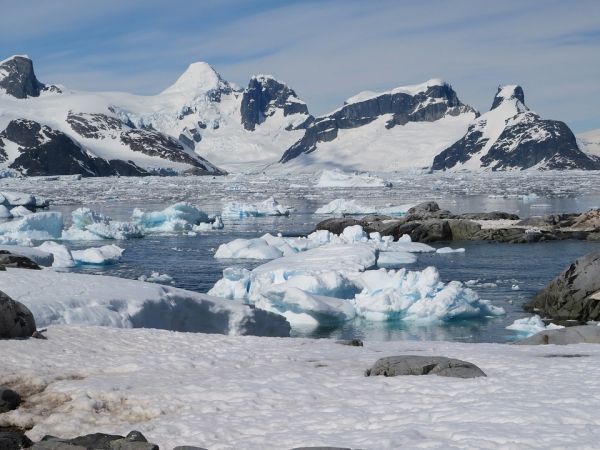In their first follow-up to a high-profile 2017 study which showed microbes in Antarctica have a unique ability to essentially live on air, researchers from UNSW Sydney have now discovered this process occurs in soils across the world’s three poles.
Specifically, researchers found the target genes responsible for the atmospheric chemosynthesis phenomenon they discovered are abundant and widely distributed in the polar soils of the Antarctic, Arctic and Tibetan Plateau in the Hindu Kush-Himalayas.
The new research was published in the journal Frontiers this month and was a collaboration between UNSW, the Australian Antarctic Division and China’s Institute of Tibetan Plateau Research.
The study’s senior author Associate Professor Belinda Ferrari, of UNSW Science, said living on air was such a minimalistic way to survive that their findings lent further potential for microbial life to exist on other planets.
Read more at University of New South Wales
Photo Credit: heidemsy via Pixabay


